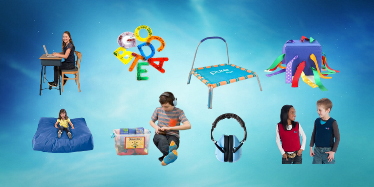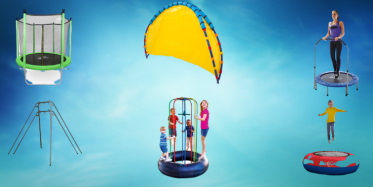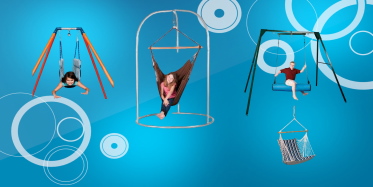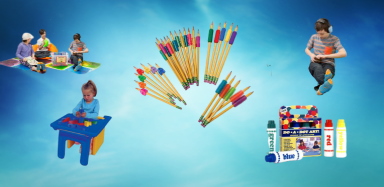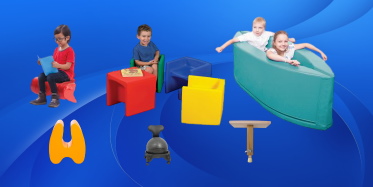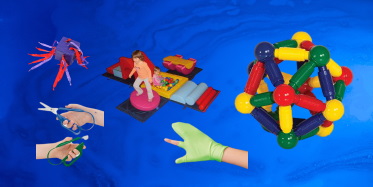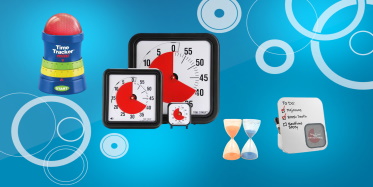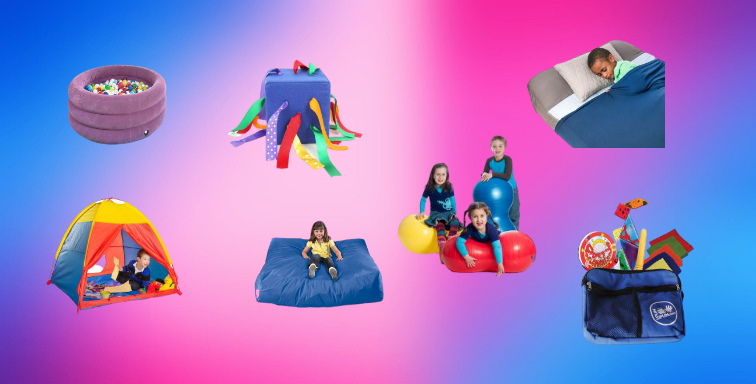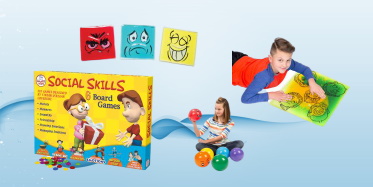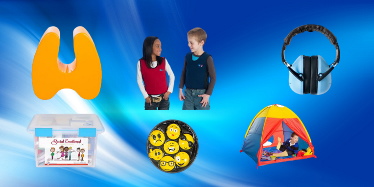Lesson exercises may include recognizing facial expressions and body language in each other; practicing expressing positive emotions and engaging in discussions to practice expressing ideas. ADHD social skills lessons can be one-on-one or in groups where there is a chance to practice social skills on one another. Role-play can be an important part of ADHD social skills lessons. The therapist can teach practical strategies for social interaction during social skills coaching sessions.
Social Skills Training for ADHD Adults
With the help of social skills training, ADHD adults can learn to be less aggressive and impulsive in social interaction. Social skills training techniques include role-play, watching videos of positive social behavior, and practicing ways of settling conflicts, entering conversations, reading social cues, listening, and giving and receiving praise.
ADHD and Communication Difficulties in Adults
ADHD adults tend to have communication difficulties related to speech, language, and social interaction. Their communication issues can be related to difficulty seeing the perspective of the other person and difficulty controlling the impulse to speak out of turn. ADHD adults may have communication difficulties related to articulation disorders or difficulty gauging the appropriate volume, pitch, or fluency in speech. Sometimes in an effort to organize their thoughts, ADHD adults may end up producing vocal repetitions or not being able to find the right words to express what they want to say. Their listening comprehension may be weak and ADHD adults may have difficulty understanding non-verbal communication.
ADHD Poor Social Skills Adults
Some ADHD adults have poor social skills caused by their hyperactivity, impulsivity, or inattentiveness. Poor social skills can be improved through coaching and therapy. Social skills can be taught and practiced in a clinical environment but it is also important to hone those skills in real social situations. ADHD poor social skills tend to be most noticeable in romantic relationships, interaction with co-workers, and in family situations.


